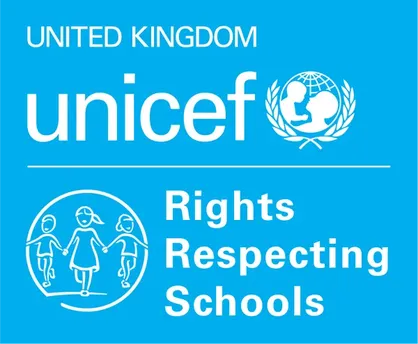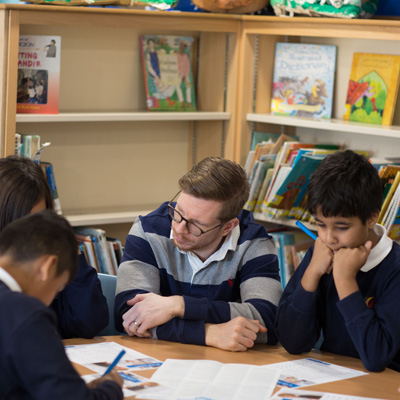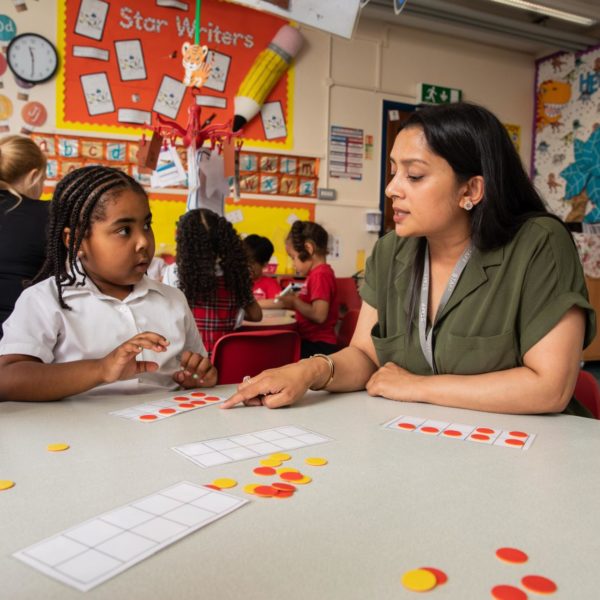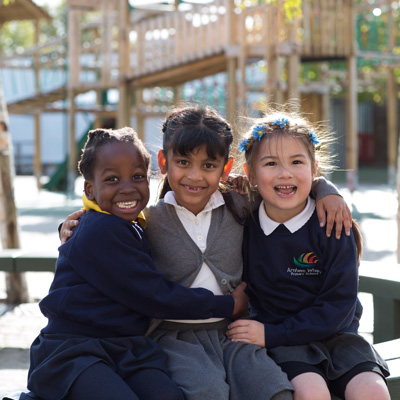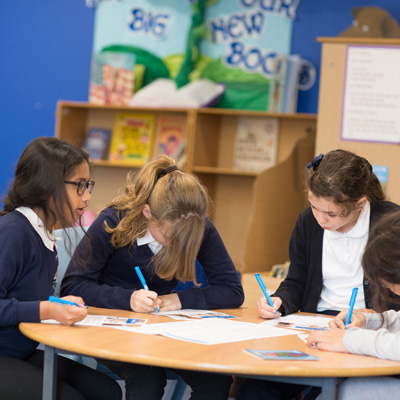Children at this primary school led a project to secure funding for more books about a diverse range of people.
Laura Cornwell, class teacher and RRSA Coordinator discusses how this school uses literature to support students explore and discuss children’s rights.
Linking stories to rights
We use books to help us understand people who have overcome barriers and achieved great things.
We often use fiction as a focus point for a lesson and we will explore the book in depth to find answers to questions we may have. The children love seeing how the stories can relate to their own lives. We encourage them to think about the message behind that story and how it links to the rights that children are entitled to.
We use RRSA resources to help the children link rights back to a story. As a school, we have a designated area for PSHE books that can be linked to different rights and the children have access to a wide range of non-fiction books to give them the freedom to explore their personal interests.
We love to celebrate the children’s uniqueness and will often include stories in assembly time that celebrate a quality or skill that a character possesses and encourage the children to embrace their own achievements and think about which rights they have to be able to help them achieve this.
Securing funding for inspiring books
Our School Council were keen to find books about a diverse group of people who had achieved great things in their lives, both male and female. They also wanted to make sure that we learnt about people that do not come up in our curriculum learning.
The School Council discussed what types of books they would like to ask for and agreed that they had to be books that could be enjoyed across the school and needed to be written in a way that Reception children all the way up to Year 6 could understand. The ‘Little People, Big Dreams’ biography series was perfect for this.
The School Council worked together to write a persuasive letter to the PTA explaining their ideas and asking for funding for the book series. The PTA were convinced by their arguments and agreed to buy the books for the school.
As a school we rotate the books around the classes and the School Council kept track of who had read which book to ensure everyone learnt about these inspiring people. There was lots of excitement around the new books and even the adults were able to learn about some interesting new people because of them!
Think about what you want to celebrate
Our advice would be to think about what you would like to celebrate within your school. We spent time looking online at different book types and had discussions about what we liked about the different books. Try and get as many different aged children involved in the search too, hearing from children who had different ideas influenced the thinking of some of the children. Finally, think about which approach is right for you to ask for funding. Our School Council decided to write a persuasive letter but a presentation or sit down meeting can be just as effective.
School context: Bar Hill Primary is member of the Merdian Trust Academy and a mainstream primary school with children aged 5-11 based in a village within Cambridgeshire.
